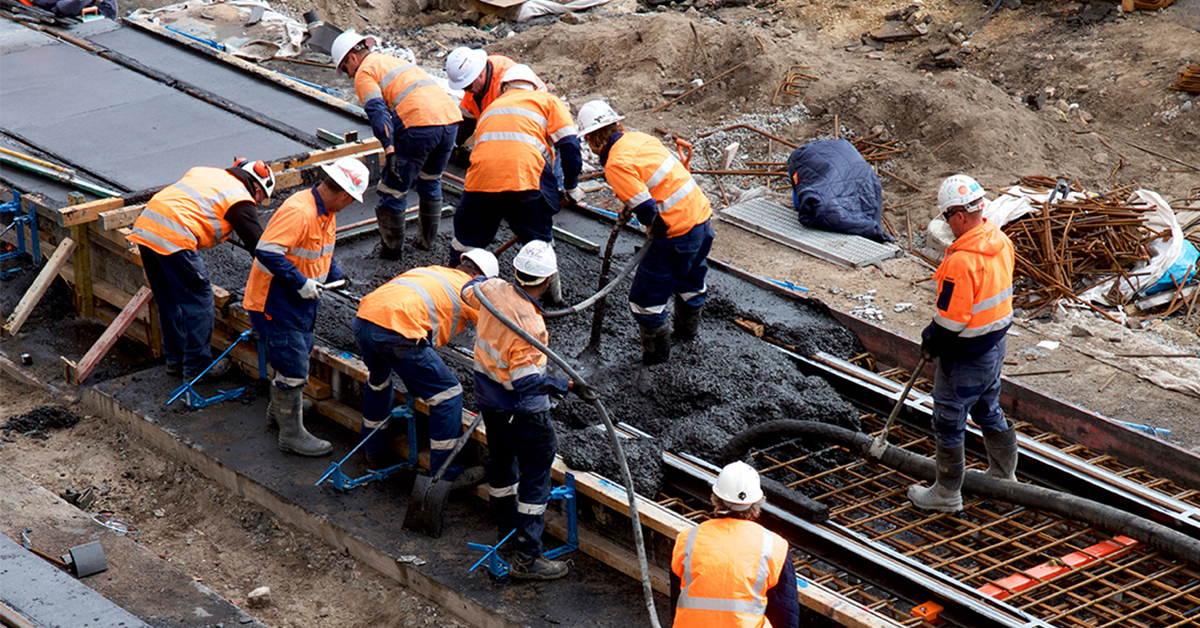- No products in the cart.
Transport infrastructure investment will be a boost but construction activity must be fast tracked
August 13, 2019


Investment in transport infrastructure will help bridge the troubled waters of a declining housing market and softening commercial construction sector but there is zero doubt that more needs to be done to fast-track construction activity and ignite economic growth.
“The latest industry forecast predicts that the Government’s ramping up of investment in transport infrastructure will drive up the volume of civil construction work from $92.42 billion in 2019 to nearly $104 billion in 2022,” Denita Wawn, CEO of Master Builders Australia said.
“This $92.6 billion increase will kick the volume of civil construction work up by 12.5 per cent over the next couple of years and this is obviously good news for our industry, the economy and the community,” she said.
“We are hopeful that investment in urban infrastructure, including projects encompassed in the Government’s Cities Deals, will help to unlock new housing supply and moderate falls in the residential building sector which is forecast to be down 28 per cent from its peak by 2020/21,” Denita Wawn said.
“So while we commend and support the Government’s infrastructure agenda there is no doubt more needs to be done. As the Reserve Bank Governor has consistently noted, more infrastructure investment not only adds to demand in the economy and boosts productivity but construction activity needs to actually commence before this occurs – nothing happens if projects languish on lists,” she said.
“Infrastructure Australia’s 2019 Australian Infrastructure Audit points to a committed forward pipeline of $200 billion but also highlights measures that must be considered to accelerate its roll out,” Denita Wawn said.
“To overcome capacity constraints, fast track construction activity and better realise the benefits to local economies and communities, governments must urgently adopt more sophisticated procurement models that ease the almost overwhelming reliance on a small number of Tier One contractors, unlock the capacity of Tier Two and Tier Three contractors and facilitate local contractors and small businesses working on local projects,” she said.
“There must also be a strong focus on investing in the development of more skilled trades people needed to construct the pipeline of infrastructure projects. Master Builders strongly backs the Federal Government’s commitment to reform the vocational education sector including improving its brand so that the erroneous perceptions of young people, parents and careers advisers don’t act as barrier to recruiting the best and brightest into trades where there skills shortages such as building and construction,” Denita Wawn said.
“A highly skilled workforce will also be needed to meet future demand for social infrastructure such as hospitals, education and aged care facilities. It’s pleasing to see this category is now more of a focus for the nation’s infrastructure planners,” Denita Wawn said.

